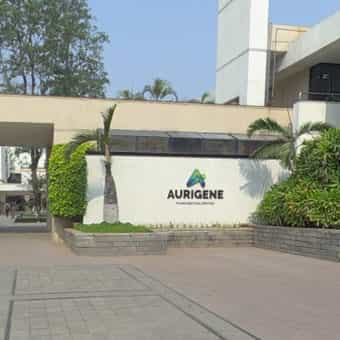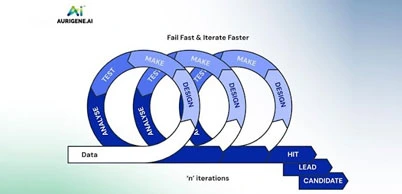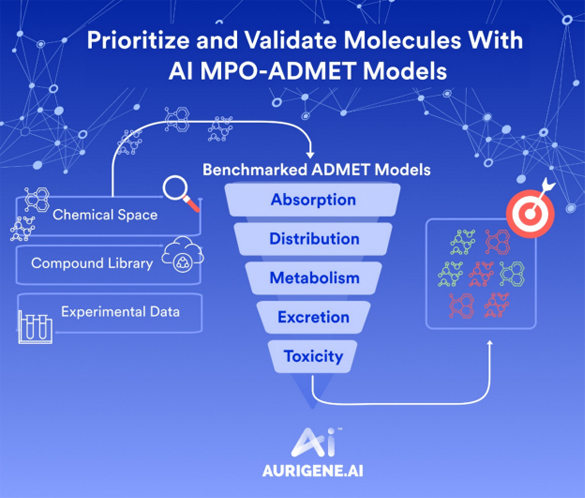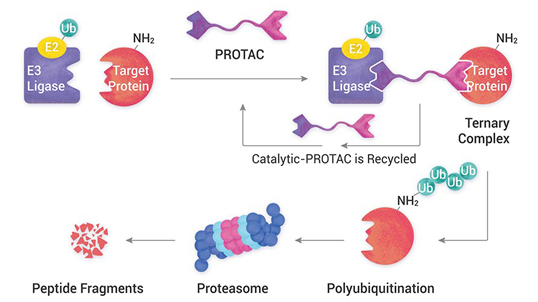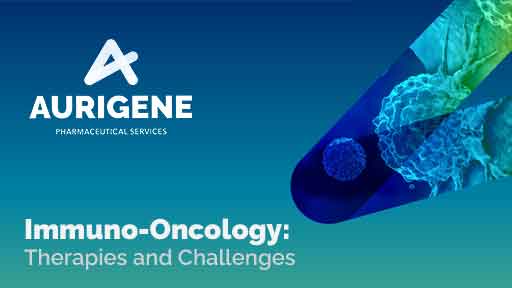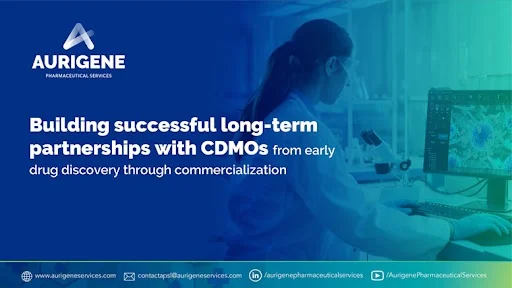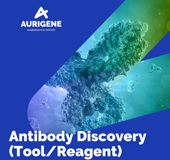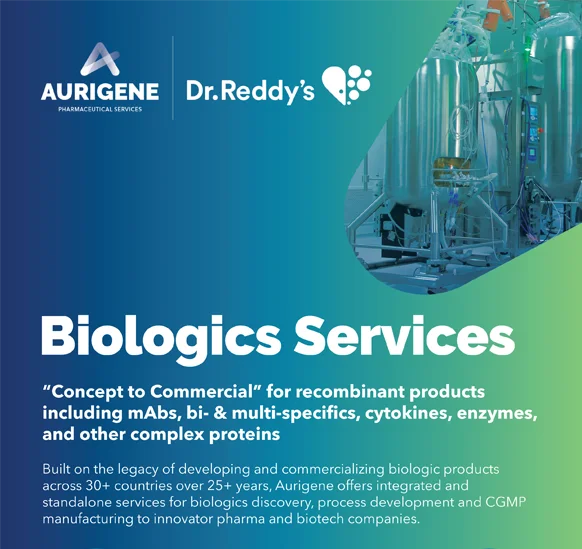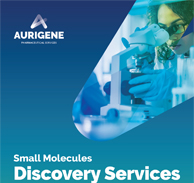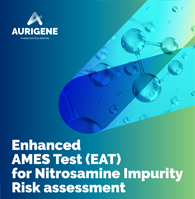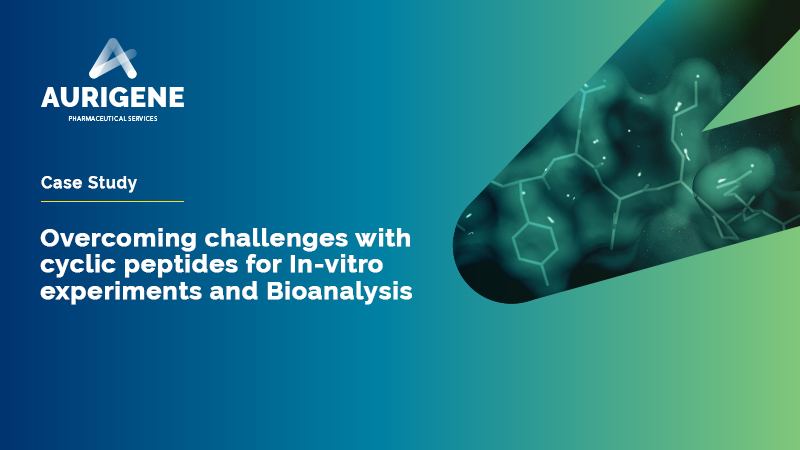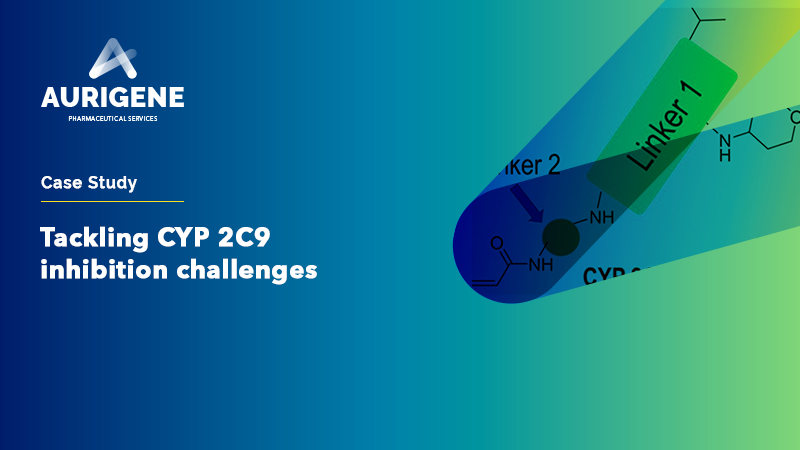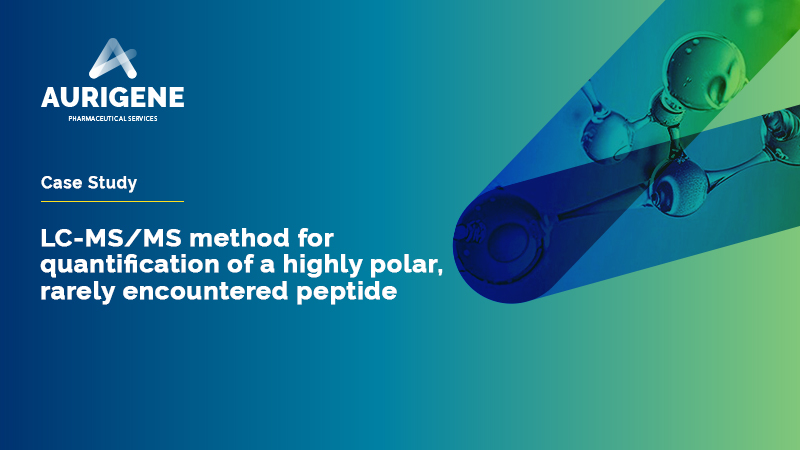
In vitro assays play a pivotal role in de-risking ADC development by evaluating the functional efficacy, specificity, internalization, and cytotoxic potential of antibody-drug conjugates. At Aurigene, our in vitro bioassay platform is designed to provide rapid, reliable, and mechanism-relevant insights into how your ADC behaves in a cellular context. We offer target-based, cell-based, and mechanistic assays to help characterize the biological performance of ADCs prior to advancing into in vivo studies. Our team works closely with you to customize assay design based on your antibody, payload mechanism, and cancer indication of interest.
We support both standardized panels and custom assays, using validated protocols and well-characterized cell lines that match your ADC's target expression profile.
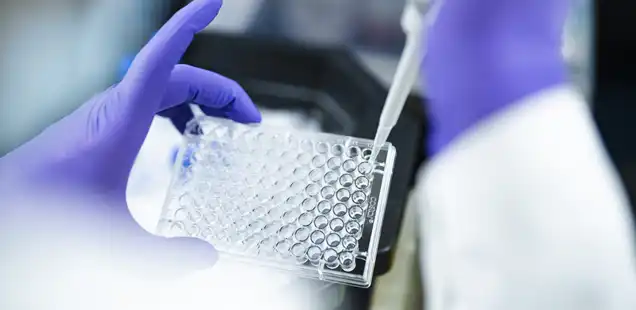
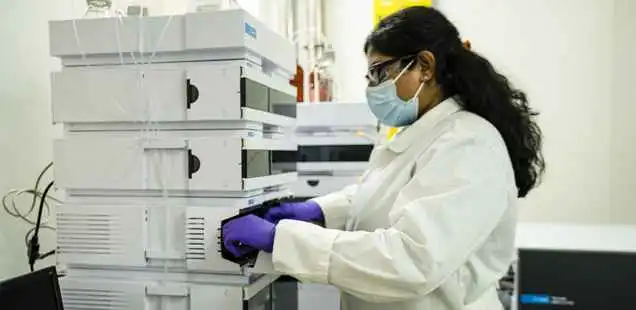
Cytotoxicity Assays (Cell Viability)
- Performed across target-positive and negative cell lines
- Quantification of IC₅₀ values
- Multiple platforms: MTT, CellTiter-Glo
Primary readout for potency and target-dependent killing
Target Expression Profiling
- Flow cytometry and western blotting to validate target antigen expression across panel of cell lines
Ensures optimal cell line selection for screening and comparators
Internalization Assays
- Flow cytometry using fluorescent-labeled antibodies or ADCs
- Time-course evaluation of ADC uptake
Confirms receptor-mediated internalization key to ADC mechanism
Receptor Binding Affinity Assays
- Surface Plasmon Resonance (SPR), Biolayer Interferometry (BLI), or flow-based binding assays
Evaluates impact of conjugation on antibody-target interaction
Bystander Killing Effect (if applicable)
- Co-culture assays using target-negative cells in presence of target-positive cells
Validates ability of membrane-permeable payloads to induce bystander cytotoxicity
Why choose Aurigene?
At Aurigene, we combine biological insight with rigorous execution to ensure your in vitro assay data is meaningful, reproducible, and aligned with clinical relevance. Our deep expertise in ADC biology, including a strong understanding of payload class, target biology, and resistance mechanisms helps us design assays that mirror real-world tumor behavior.
We offer:
Wide panel of validated human cancer cell lines
Expertise in working with diverse payloads (MMAE, MMAF, DXd, SN38, Exatecan, PNU, etc.)
Custom assay development tailored to your ADC mechanism
Flexible assay formats (96-well, real-time cytotoxicity)
Integrated support from conjugation through efficacy evaluation
Whether you are characterizing early leads or performing comparative potency for clinical candidates, Aurigene’s in vitro team delivers high-quality data that drives fast decisions making.
Connect with our scientific experts for your drug discovery, development, and manufacturing needs
We understand that clear communication is essential to successful collaborations, and that's why we have a dedicated team that is always ready to help you. Whether you have questions about our services, want to discuss a potential partnership, or simply want to learn more about our company, we're here to help.
Our team of experts is dedicated to providing personalised solutions tailored to your unique needs. So, please don't hesitate to reach out to us. We look forward to hearing from you and helping you achieve your business goals.
Learning Resources
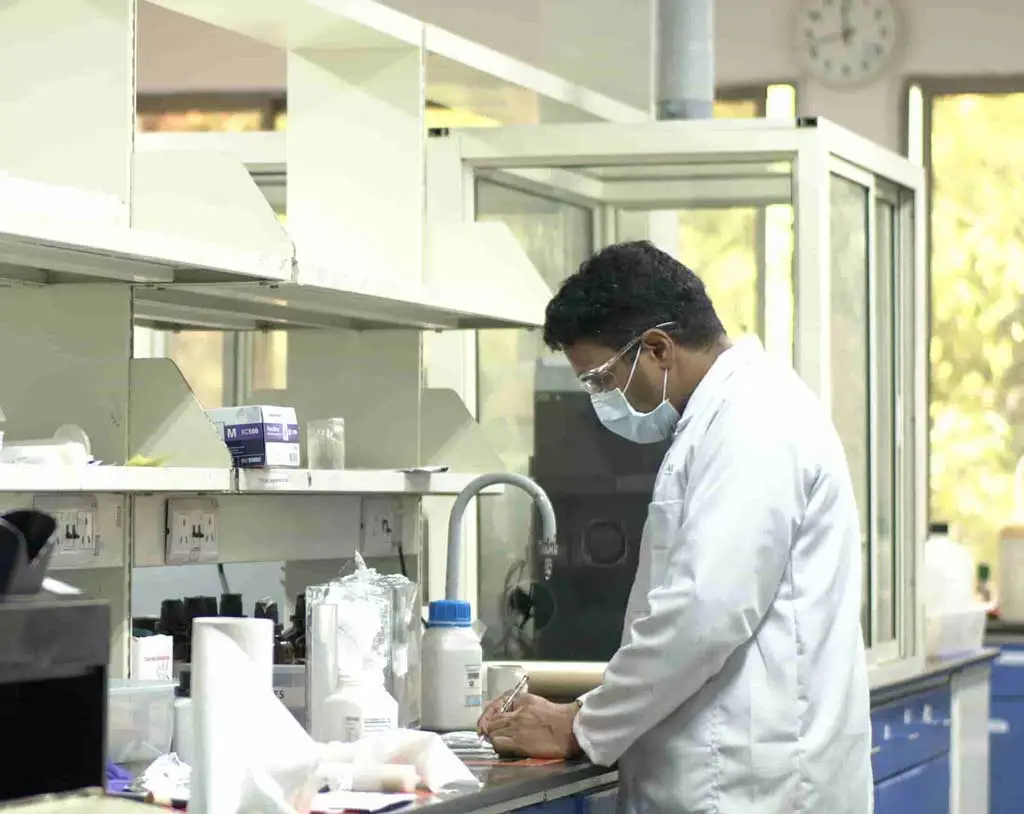
JULY 02, 2021
Oligonucleotide as a novel class of therapeutic modality
Oligonucleotides as a therapeutic class is a revolutionary approach to discover new and important therapeutic agents for treating human diseases. RNA-based intervention at times works in cases where other modalities do not work. For example, it may help in treating inborn errors in metabolism, genetic disorders and rareOligonucleotide therapeutics is the use of c...
Read More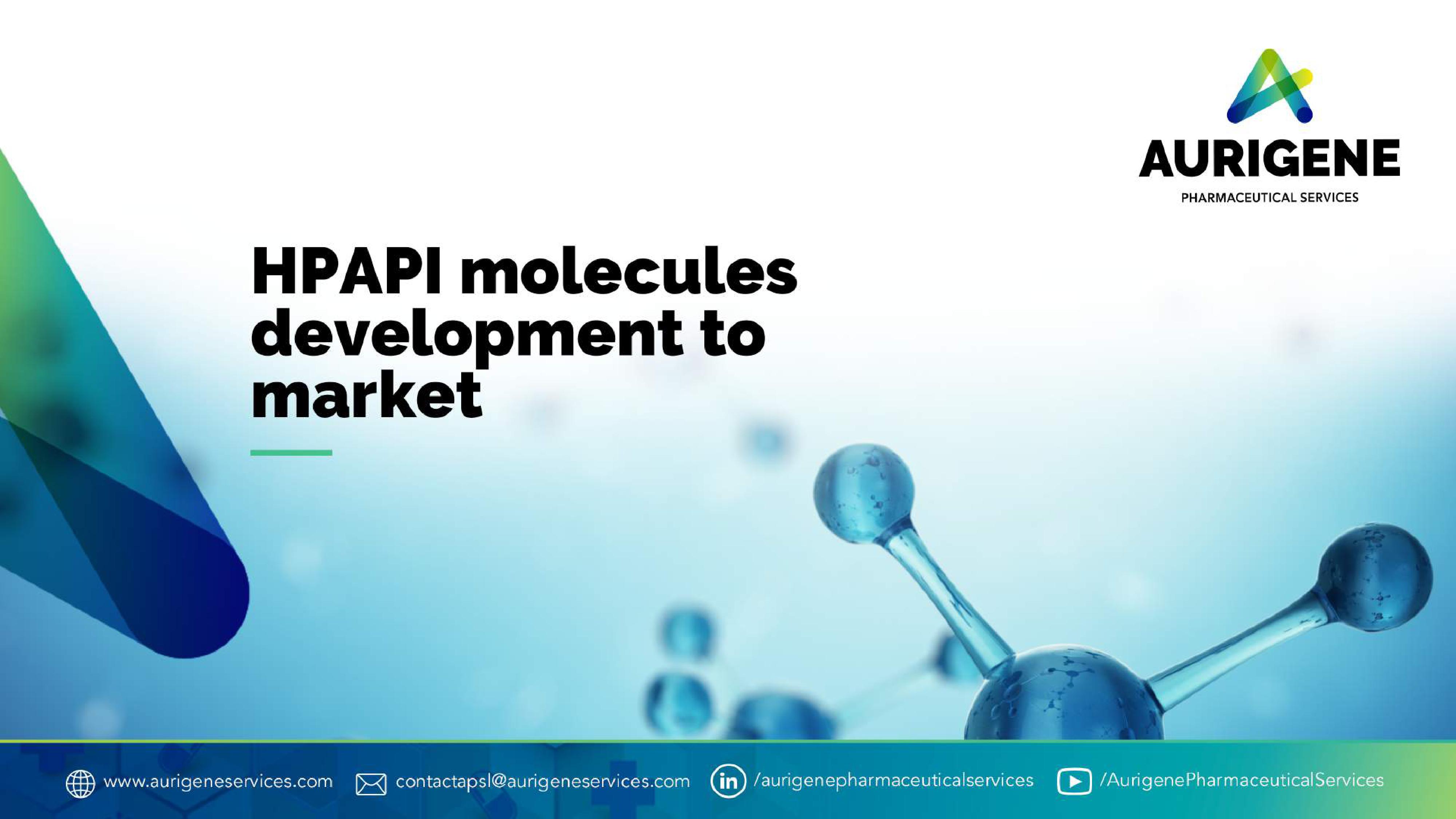
HPAPI Molecule from Development to Market
The global Highly Potent Active Pharmaceutical Ingredients (HPAPI) market is expected to reach USD 26.84 Billion by 2023 from USD 17.72 Billion in 2018, at a CAGR 8.7%....
Read More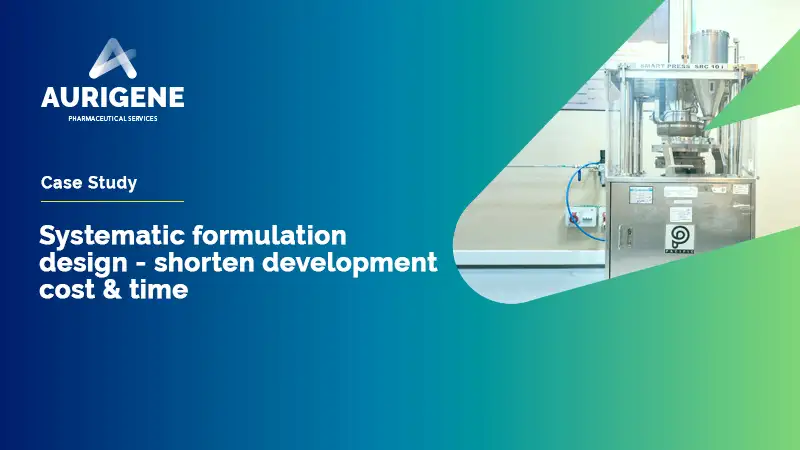
Systematic formulation design - shorten development cost & time
Project Challenge: Existing formulation (lower strength - 50 mg) was manufactured using direct compression process. This formulation posed poor powder flow and content uniformity issues during scale-up. Development of new strength 150 mg without any process issues was a challenge. Solution design: Preliminary pre-formulation, stress study and PSD impact assessmen...
Read MoreAugust 28, 2020
An efficient and convenient protocol for the synthesis of tetracyclic isoindolo[1,2-a]quinazoline derivatives
A convenient and one-pot synthesis of tetracyclic isoindolo [1,2-a]quinazoline derivatives via Lewis acid mediated sequential C–N bond formation reactions is reported. This protocol provides a simple and rapid strategy for the synthesis of 12-benzylidene-10,12-dihydroisoindolo[1,2-b]quinazoline derivatives. However, a variety of tetracyclo indole fused quinazol...
Read More-
January 31, 2025
Development and assessment of a Bcs class II - SGLT2 (Sodium Glucose Cotransporter 2) inhibitor drug in the form of solid lipid Nanoparticles by selecting different lipids, co-surfactants, and manufacturing techniques
Drug Delivery System (DDS) has been used successfully in the past few decades to cure illnesses and enhance health because of its improved systemic circulation and ability to regulate the drug's pharmacological action. As pharmacology and pharmacokinetics advanced, the idea of controlled release emerged, demonstrating the significance of drug release in assessing...
Read More -
January 31, 2025
Development of novel paullone-based PROTACs as anticancer agents
Proteolysis-targeting chimera (PROTACs) represents a promising modality that has gained significant attention for cancer treatment. Using PROTAC technology, we synthesized novel structurally modified paullone-based PROTACs using Cereblon (CRBN) and Von Hippel–Lindau (VHL) E3 ligands....
Read More -
March 13, 2025
Development and verification of RP-HPLC method for the quantitative determination of Decitabine in tablet dosage formulation
Decitabine is an anti-cancer chemotherapy drug. This article describes method development and method verification of Assay of Decitabine in tablet formulation. A new, precise, rapid, accurate RP-HPLC method has been developed for the estimation of Decitabine in pharmaceutical tablets dosage form. After optimization the good chromatographic separation was achieved...
Read More
You are about to leave Aurigene Pharmaceutical Services and affiliates website. Aurigene Pharmaceutical Services assumes no responsibility for the information presented on the external website or any further links from such sites. These links are presented to you only as a convenience, and the inclusion of any link does not imply endorsement by Aurigene Pharmaceutical Services.
If you wish to continue to this external website, click Proceed.

Leaving already?
Don't forget to join us at
CPHI Worldwide 2023.
October 24th-26th, 2023 | Barcelona, Spain
Get ready to accelerate your drug’s journey to the market

